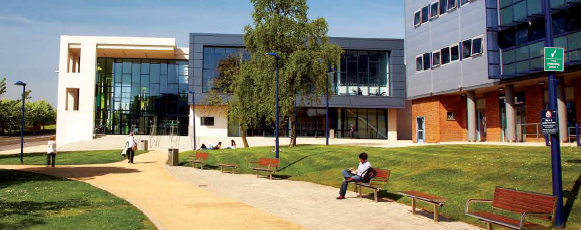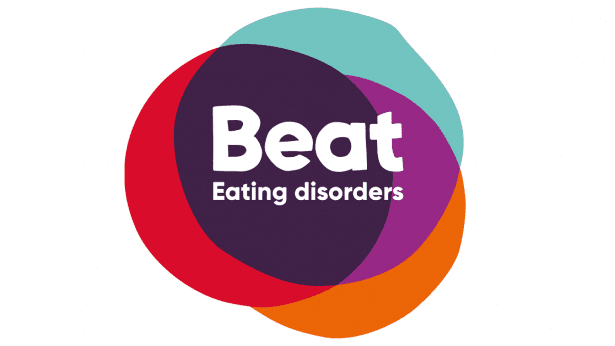MENTAL health awareness has never been more important as symptoms of anxiety, stress and depression have increased due to the Covid-19 crisis.

THE Office for National Statistics (ONS) found that almost one in five adults were likely to be suffering some type of depression during the pandemic in June 2020 – a figure which has doubled since July 2019.
Researchers also said that women, people aged 18 to 39, and people with disabilities were the most likely to be affected by mental health issues brought on by the Covid-19 pandemic.
Dr Amy Pearson, an mental health expert at the University of Sunderland, told SR News: “It is essential moving forward from Covid-19 that we focus on how to support the mental health of people who have lived through the pandemic in the long term. Many of us have experienced great personal losses, and the impact will be far reaching.”
Pearson suggests that residents of the North East take time out of their work or study to recharge when necessary, and make sure they are kind to themselves. She also added that it is important to check in with friends and family who may be feeling the same.
One of the major factors affecting young people is the lack of support from the government, universities and health services, with only 29 per cent of students with worsening mental health accessing the services provided.

National President of NUS Larissa Kennedy said: “Targeted support must be offered to students of colour, disabled students, student parents and LGBT+ students, and funding should be provided to mental health charities working with these groups.”
The i also reported that young LGBT+ people in the North East are the most isolated group in the pandemic after research done by the charity Just Like Us.
For students in the North East, Kennedy recommends contacting their university counselling services and their students’ union to find out what resources are available for anyone struggling in the pandemic.



